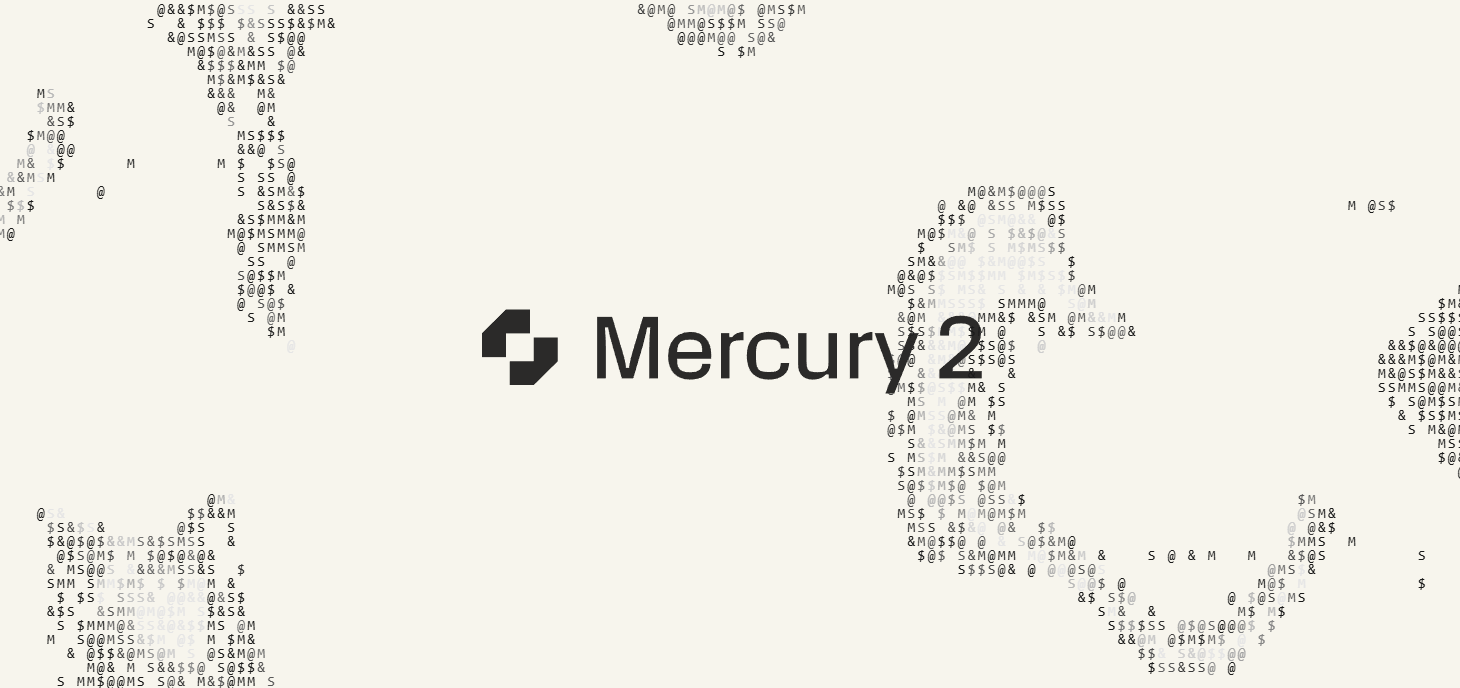Anthropic won't back down on its military AI restrictions, but the Pentagon is giving it little choice. According to Reuters, the AI company continues to refuse to loosen its safety guardrails for military use. The dispute centers on security measures that prevent Anthropic's technology from being used for autonomous weapon control and domestic surveillance.
At a meeting between Anthropic CEO Dario Amodei and US Secretary of Defense Pete Hegseth, Hegseth delivered an ultimatum: either Anthropic complies by Friday, or the Pentagon will invoke the Defense Production Act—a law that can force companies to cooperate—or classify Anthropic as a supply chain risk. According to Franklin Turner, a government contracts attorney at McCarter & English, such a move against Anthropic would be unprecedented and could trigger a wave of lawsuits.
Amodei argued that the existing safeguards don't interfere with current military operations. Meanwhile, the Pentagon is negotiating parallel AI contracts with Google, xAI, and OpenAI for battlefield applications, including autonomous drone swarms, robots, and cyberattacks. Elon Musk's xAI has already secured an agreement with the Pentagon to deploy on classified networks this week.

